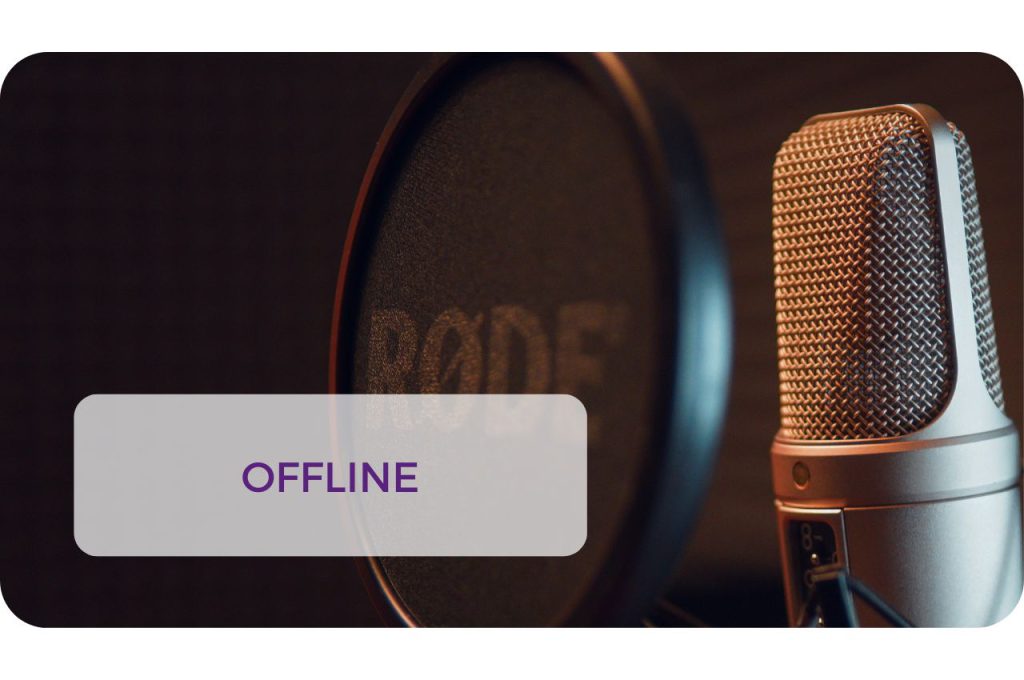
Google has introduced a ‘helpful content update’ – but how could this impact your site?
Google’s latest algorithm update aims to crack down on clickbait written for higher search rankings. The update is sitewide, meaning it has the potential to affect all pages.
What will change?
Google is constantly working to improve the way it evaluates content to provide more value to the end-user. Essentially, this is to ensure people are receiving original, relevant, and therefore helpful content that is written for them (and not by bots). Without an audience-first and data-driven marketing approach, some businesses could see a drop in organic visibility and traffic as a result.
The update is currently applicable to English language content but is likely to roll out across other languages soon.
Will the update impact your site?
Google shared a list of questions to consider when evaluating the relevancy of your on-site content; the answer could determine whether your site is impacted by the update.
- Is your content primarily to attract people from search engines or is it made for humans?
- Are you using extensive automation to produce content on multiple topics?
- Does your on-site content leave readers feeling like they need to search again or look elsewhere for more information?
The helpful content signal is weighted, simply meaning if your site does have more ‘unhelpful’ content, you’ll notice a bigger impact – so now may be a good time to review content across your site.
What is a Google Core update?
The helpful content update does coincide with a Google Core update, so, it may be difficult for businesses to pinpoint the exact cause of any long-term changes. Google make significant broad changes to search algorithms several times a year.
Google: “They’re designed to ensure that overall, we’re delivering on our mission to present relevant and authoritative content to searchers.”
Google core updates can also have implications for online businesses, especially those relying on organic traffic. If your site is demoted in Google’s index, it’s likely because it’s perceived to have issues with relevance and authority.
What can you do to stay on top of Google’s updates?
As with any search engine algorithm update, monitoring traffic and ranking changes is essential, but there are a few steps you could take now to reduce the impact.
1. Ensure content differentiates from competitors
2. Use first-party data and expertise within your business
3. Position yourself as your target audience and ensure you’re distributing content that will benefit them
4. Consider removing, updating, or redirecting unhelpful or outdated content
What to do if you think you have been negatively hit by an update?

Data is key to understanding why you have seen a drop in performance and to identify what element of your site has been hit, you can use data in 3 key ways to avoid being negatively hit by a Google update.
Jonathan Argile
Head of SEO
Digital Advertising Agency London
- Check your analytics data and identify what organic landing pages have seen any significant changes to traffic or conversions
- Review your ranking data to identify individual keywords or wider clusters which have dropped in position. Also check historical data to make sure it is due to the algorithm change and not something seasonal.
- Take a look into your Search Console data and review both queries and pages for any changes. Also look to apply device and country filters to gain a more granular view of your data.
FEATURED READS
Want to let us know about a search campaign you are planning?
Get in touch with our SEO team today and find out how we can combine data with digital advertising expertise to drive business performance.
ALL RESPONSE MEDIA SERVICES








